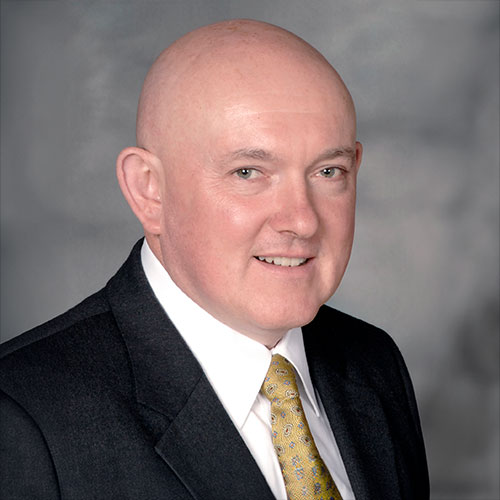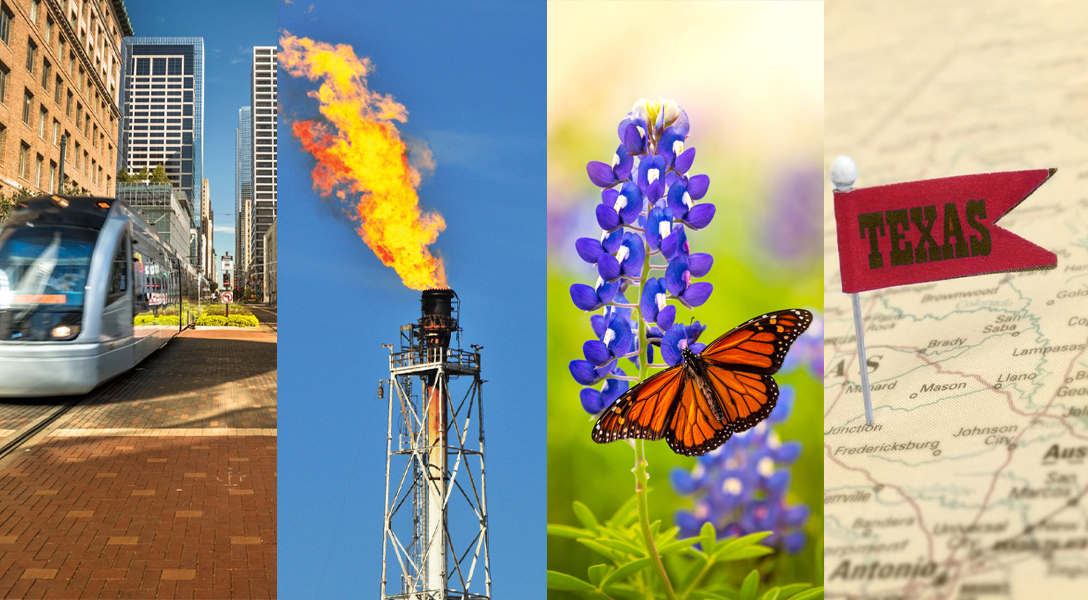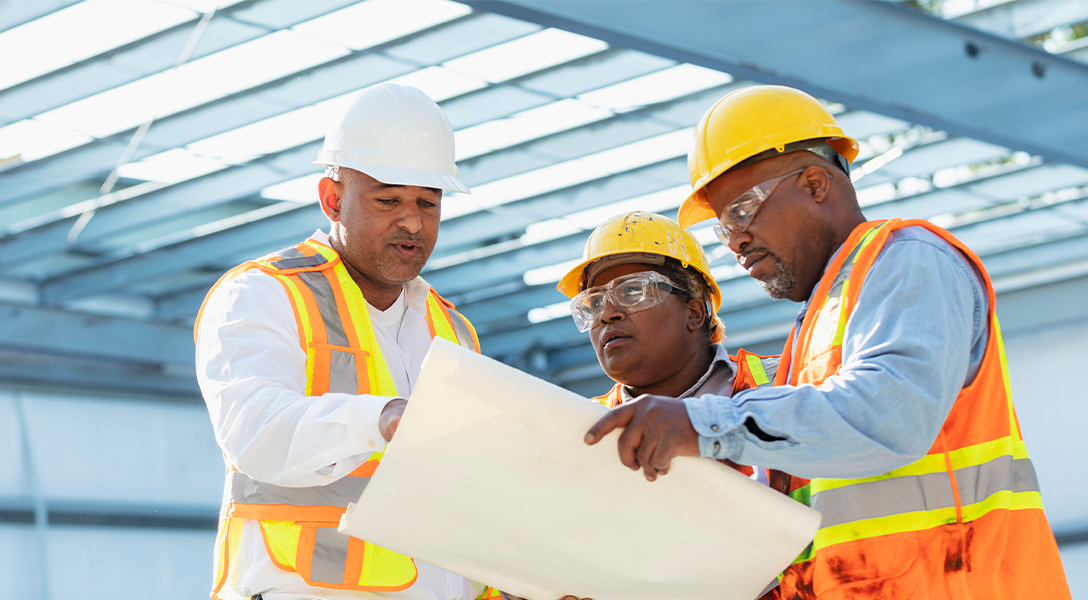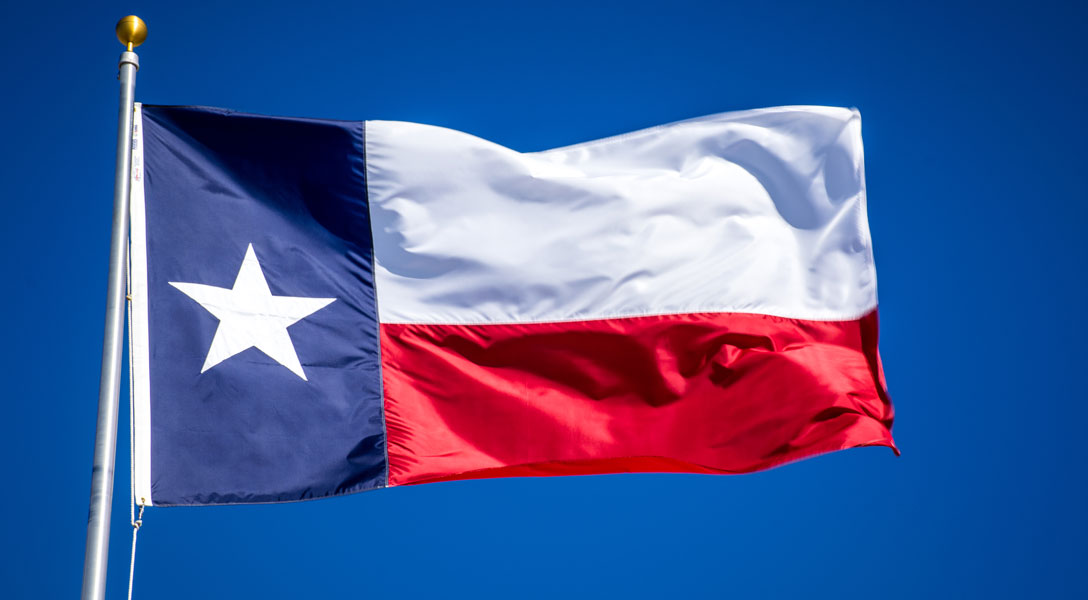
Global Perspectives: Mike Rawlings on being Dallas mayor and the role of business in solving social problems
Mike Rawlings was the 61st mayor of Dallas and the longest-serving mayor in more than 57 years. Elected to his second and final four-year term in 2015, he left office in June 2019. Rawlings focused on economic development of the southern portion of Dallas through his GrowSouth initiative. He also sought to improve public education, combat poverty and domestic violence, develop parks, elevate the city's international profile, and attract artists, young professionals, families and corporations to Dallas.
In 2016, Rawlings was selected as a Vital Voices Global Partnership honoree for his work to end domestic violence. He was the 2017 recipient of the Joseph P. Riley Jr. Award for Leadership in Urban Design. He received the National Award for Local Arts Leadership from Americans for the Arts and the U.S. Conference of Mayors in 2018.
Before becoming mayor in 2011, Rawlings chaired the Dallas Convention and Visitors Bureau (VisitDallas), was the city's “homeless czar” and president of the Dallas Park Board. Early in his career, Rawlings worked his way up from an entry-level position at the TracyLocke advertising agency to become its chief executive officer. Later, he led Pizza Hut as it achieved record sales. He was a founding partner of private equity firm CIC Partners, where he is currently the vice chairman.
The Federal Reserve Bank of Dallas recently hosted Rawlings as part of the Bank’s Global Perspectives speaker series. This series was launched at the beginning of 2016 with the objective of bringing leaders from the worlds of business, academia and policymaking to the Dallas Fed to share their insights on leadership, and global, national and regional developments.
Rawlings and Dallas Fed President Robert S. Kaplan discussed Rawlings’ decision to run for mayor, his priorities as mayor and the role of business in solving social problems. The following are excerpts from their conversation, edited for clarity, and presented by topic.
On deciding to run for mayor of Dallas:
Rawlings: That was a hard decision. Suddenly, as mayor you became a public figure, and the job of mayor is a unique one in Dallas and has its own challenges. A few people had called and urged me to run at different times in my life.
I give books to my kids at Christmas—different things that I would like them to read—and one was back when, when my son was early in college, Marcus Aurelius’ Meditations about virtue and what it means to do the right thing. He was the last great philosopher king probably in history.
So, I got a call, and I said, “No, I’m not going to run. My golf game’s too good and I’m enjoying CIC [Partners].” And I hung up, I said to myself, “This is an opportunity to talk to my son.” So, I asked him, “Don’t tell me what I should do but tell me what question I should ask myself,” because usually it’s the questions you ask, not the answers, that are most important. And he actually thought about this—when kids think, that scares you—and he looked at me and said, “What would the virtuous man do?” And I went, “Oh, I’m dead! I’m dead.” He’s called me out about being a team player and not [being] about myself, and this was a moment of truth for myself, and I jumped in.
On priorities as mayor:
First, I wanted to get the swagger back in Dallas. We had lost a little bit of that. Houston, if you go back 20 years, was suddenly the rising star. I think Bill White had done a wonderful job as mayor there, and Dallas was kind of losing its chutzpah. We had it in the ’80s and ’70s.
The second thing I wanted to do was make us a more inclusive city. Dallas has a tradition of being a bifurcated city—the north and the south, the white and the minority communities, the rich and the poor, and that wasn’t going to cut it for me.
The third thing I wanted to do was make it a city that was built on education. I’m a believer that the cities across the world are young cities—where people come, get educated, they stay, they raise their families. And so, I wanted to focus on education even though education is not in the purview of the org chart, if you will, of the mayor.
Lastly, I wanted to make it [Dallas] a global city. We have DFW [International Airport], which is one of the most important airports in the world. At first, we didn’t have enough nonstops to places like China and South America. We had a few, but we needed to extend that. We needed to get into the Middle East. I spent a lot of time making us more of an international global city, which we’ve become.
We’re a very multicultural city now, and we’re not as bifurcated. We still have issues—some serious issues on social equality, financial equality and those sorts of things.
On business’ role solving social problems:
We are an amazing country. The enterprise and the growth that we have seen in this country over the past 50 years is just amazing. You can go to Warren Buffett’s annual meeting, and he’ll kind of walk you through it. It’s fabulous!
The issue has been the disparity between the haves and the have-nots. We should be figuring out how do we take our system and make it work for everybody. Now, I will say that I learned that even the bottom 10 percent in the United States [from an income standpoint] are wealthier than two-thirds of the rest of the people on the planet. That’s why so many people are trying to get into the United States, because relative to a lot of these countries, even the poor are in a pretty good situation.
But it doesn’t do anybody any good when they don’t have food on the table and somebody else is flying a private jet. That doesn’t make people feel good, and that’s the formula for social unrest, for riots and ultimately revolutions. As capitalists, as believers in free enterprise, we’ve got to hold the mirror up and say, “What does capitalism 2.0 look like?” How do we create a new system that brings everybody along in this process because, ultimately, it’s that silver equity, not just civil equity, that needs to be dealt with.
We know we’ve got some folks that have got more money than they’ll ever need and so, we go, “Well, they’re going to be good philanthropists.” But we have to think about this systemically, and I’m not sure we’re doing that right now.
On the role of the press:
It’s very important. My dad was a journalist. He taught at TCU [Texas Christian University in Fort Worth]. I do believe that the role of the press is to inform the public, to make the public smarter. It’s sad because business-wise, it’s not a profitable industry to inform the public because you have to hire more people, more experienced people digging deeper into the issues.
I’m concerned about the celebrity nature of press. I’m not trying to bemoan that journalists make their money too, but I care less about your opinion and more about the work that you did and [that you] provide me insights about what’s happening in the world. Am I learning as a citizen? Am I better informed because I spend time with you?
On volunteering skills, problem solving:
Most of the time, we have been trained that if your business wants to give back, you go to your church’s homeless center—in my case, The Stewpot—and help serve food or hand out clothes. I think that’s very important to do. But from a business leadership standpoint, we need something more than that.
We need you to use your skills. You might be an accountant; can you use your skill to help a nonprofit manage its balance sheets? Or if you are in real estate, is there something you can do to help sort out how to take care of the homeless? I am starting to see more of that.
The first thing I would do is ask people to look at what your skill is and find a place that matches that, not just do other stuff. Then the second thing is to just have the courage to stick your foot in because we need thinkers. We need operators. We need people that can make a difference, whether it’s a school board position or something else.
In some ways, I feel the school board is more important to the city of Dallas than the city council, because it’s creating the future of the city of Dallas by educating our kids. When I was mayor, there were a lot of positions people volunteered for, and I put them as chairs of commissions and committees. People came back and said, “Oh, my God! That was crazy!” But they are better for it and the city’s better for it and so, have the courage to raise your hand and ask questions and don’t take the easy way out.
About the Author
Mark A. Wynne
Wynne is vice president and associate director of research in the Research Department at the Federal Reserve Bank of Dallas.
The views expressed are those of the author and should not be attributed to the Federal Reserve Bank of Dallas or the Federal Reserve System.




